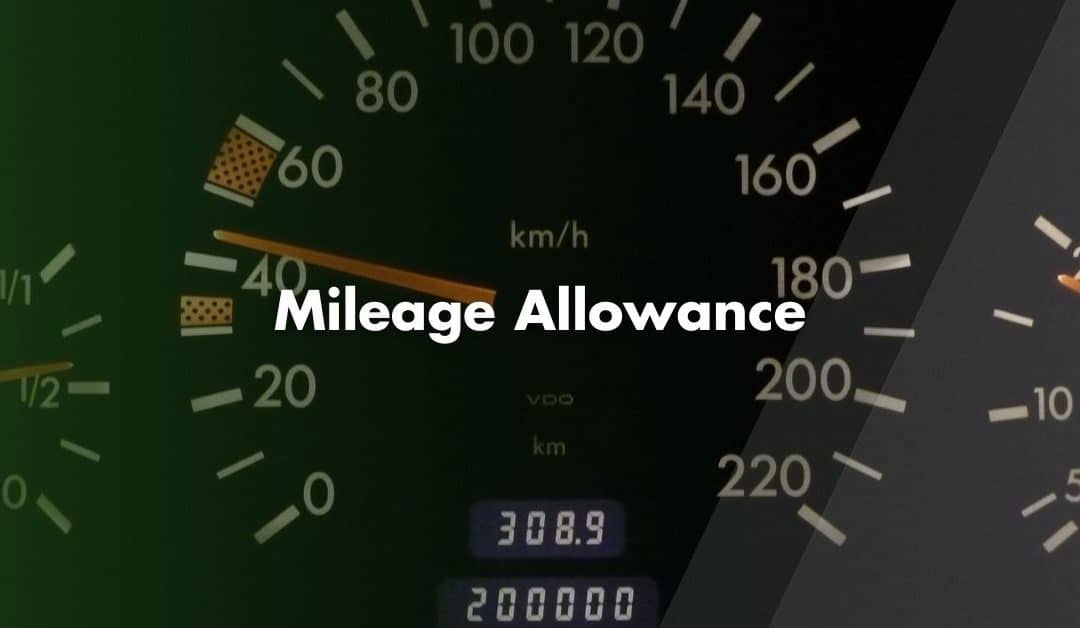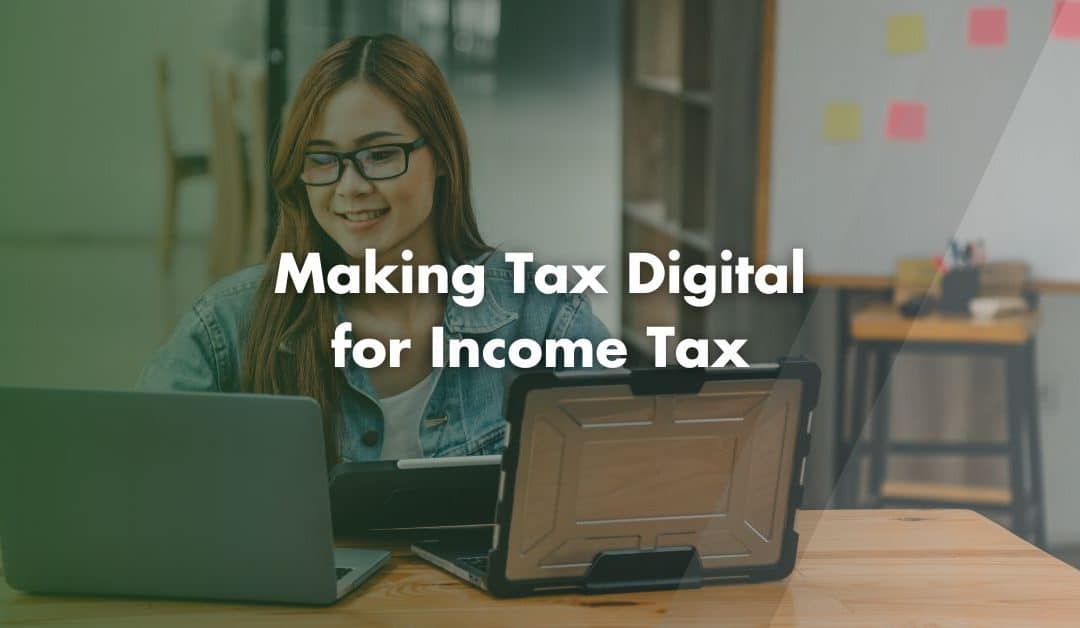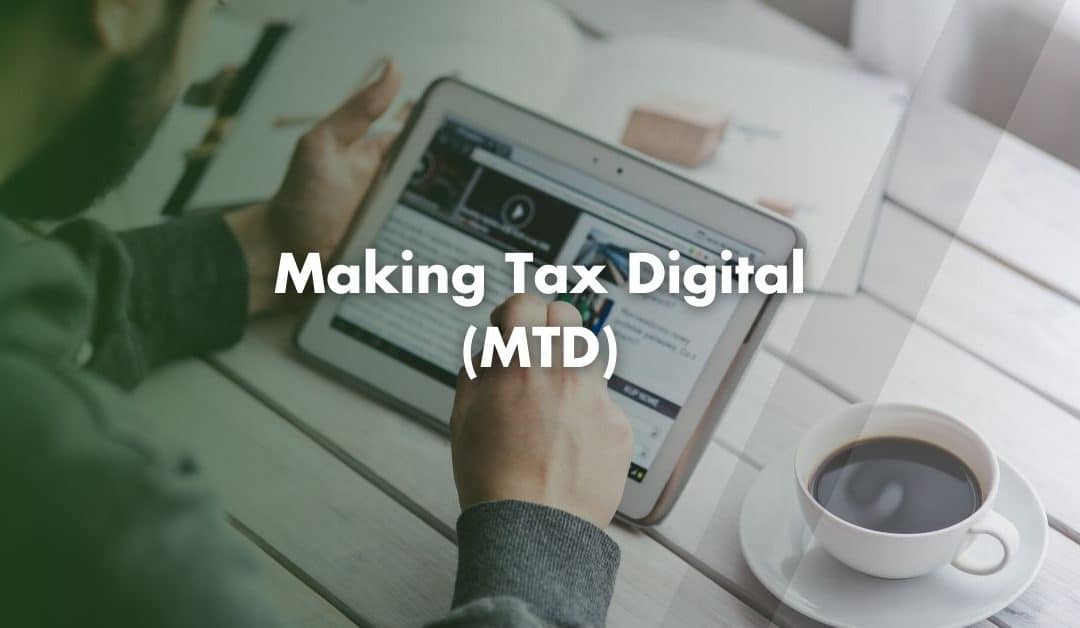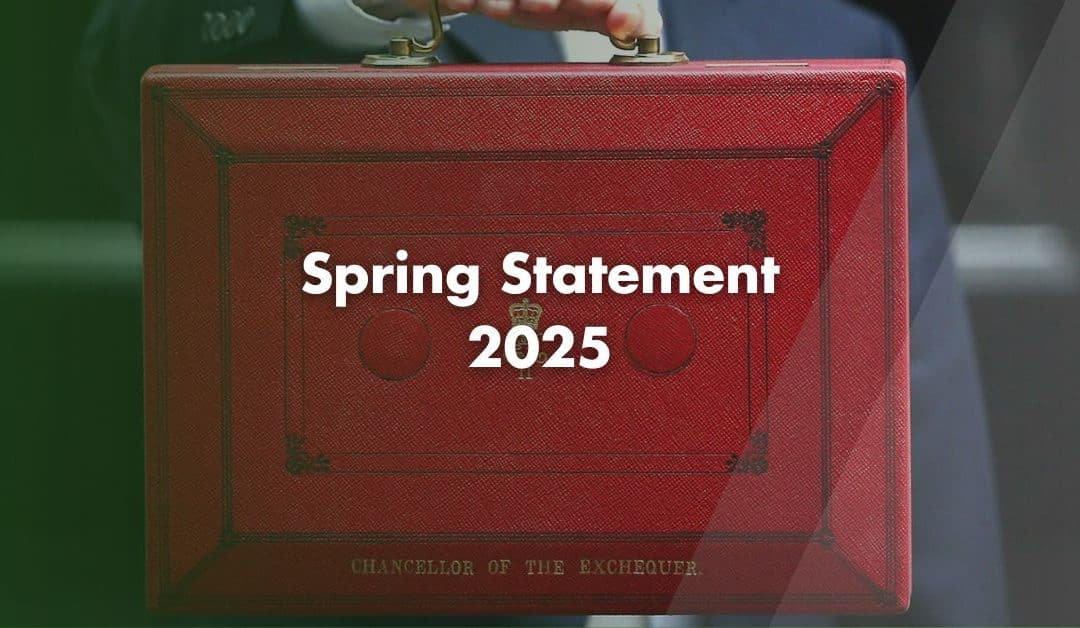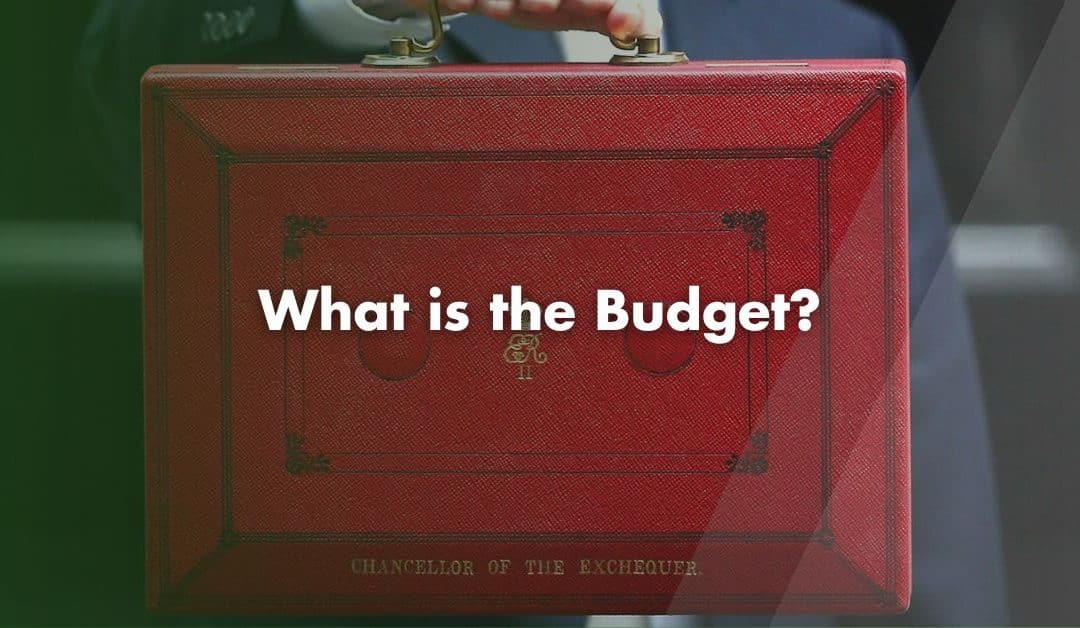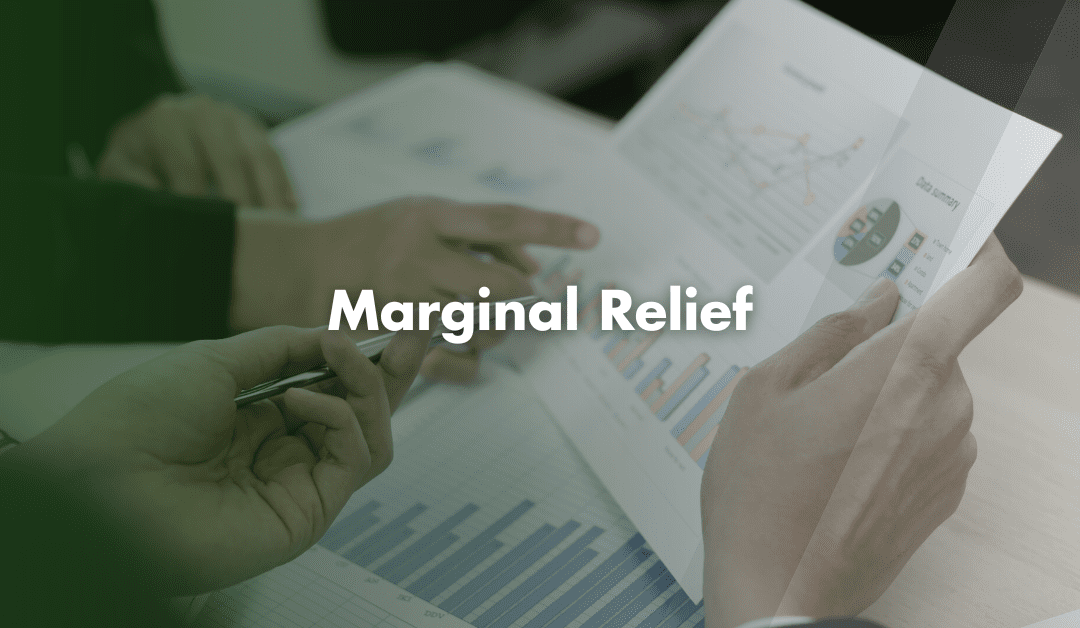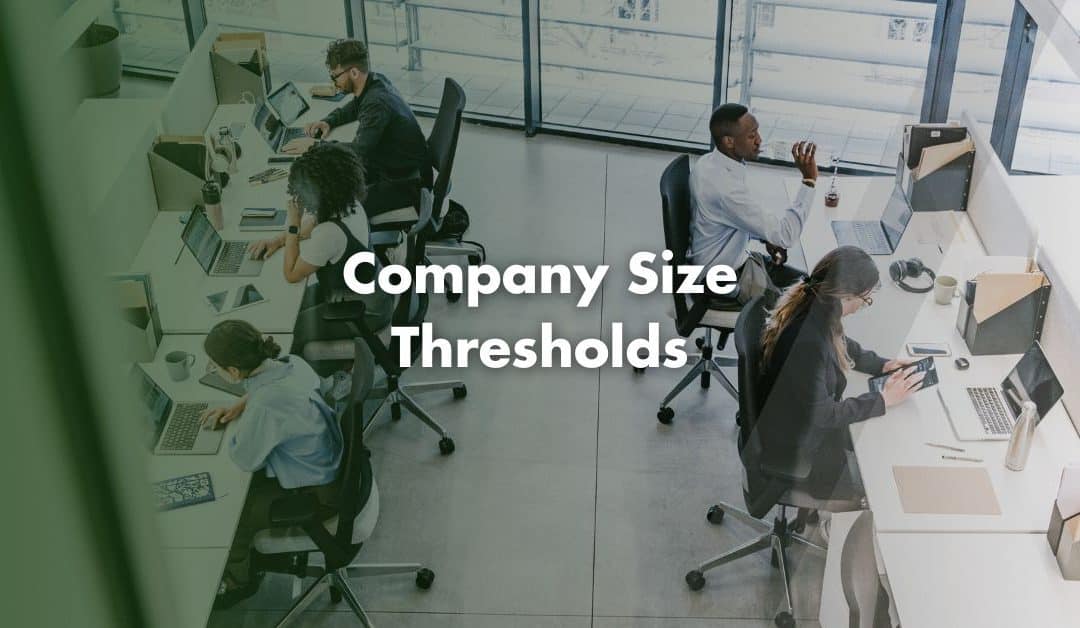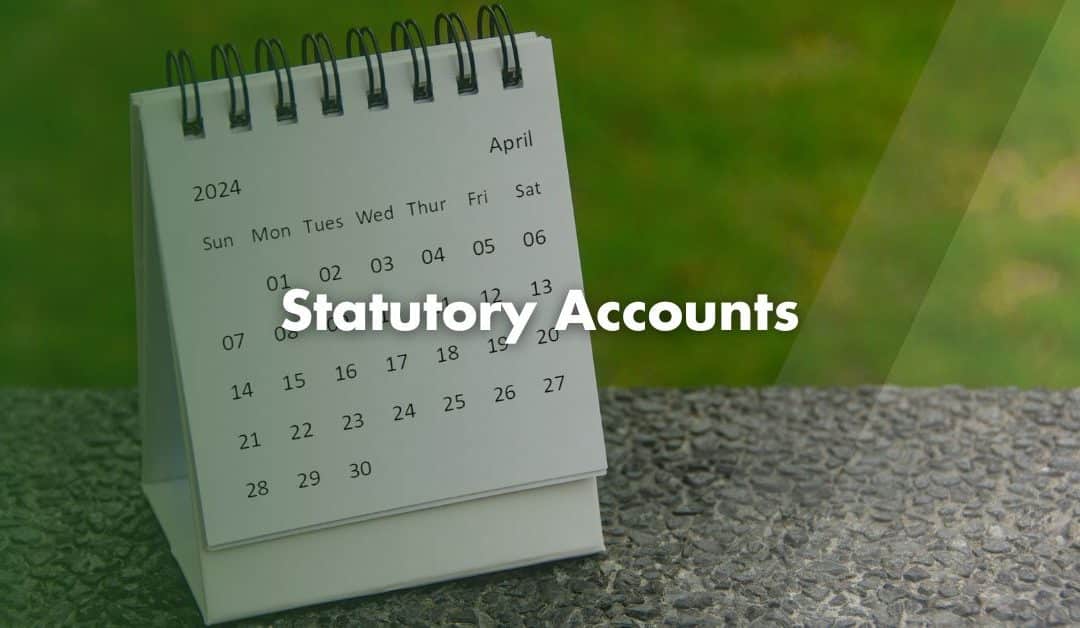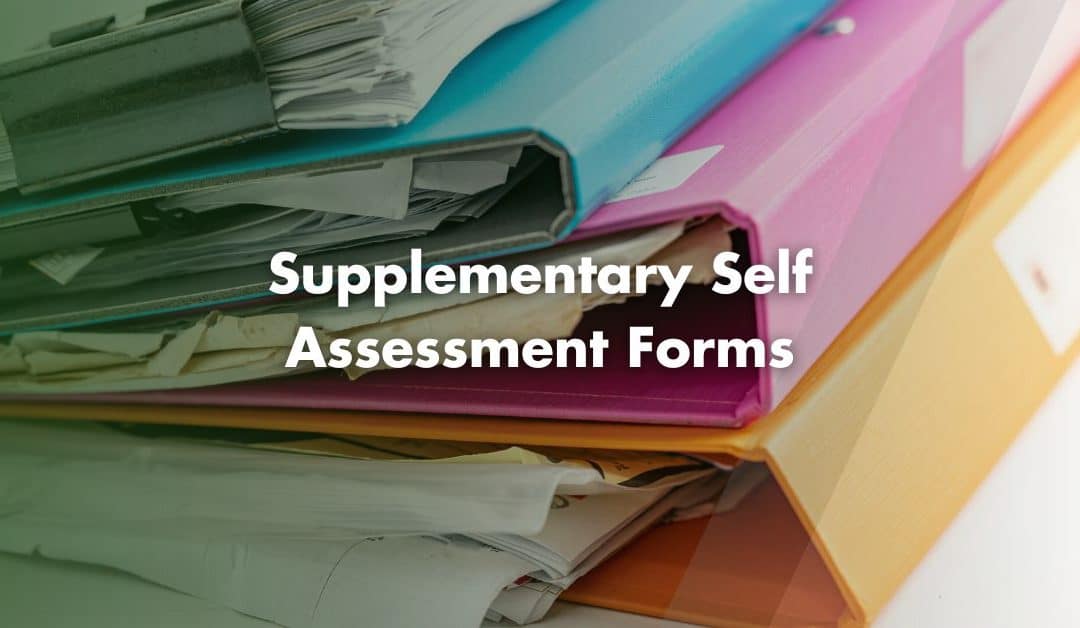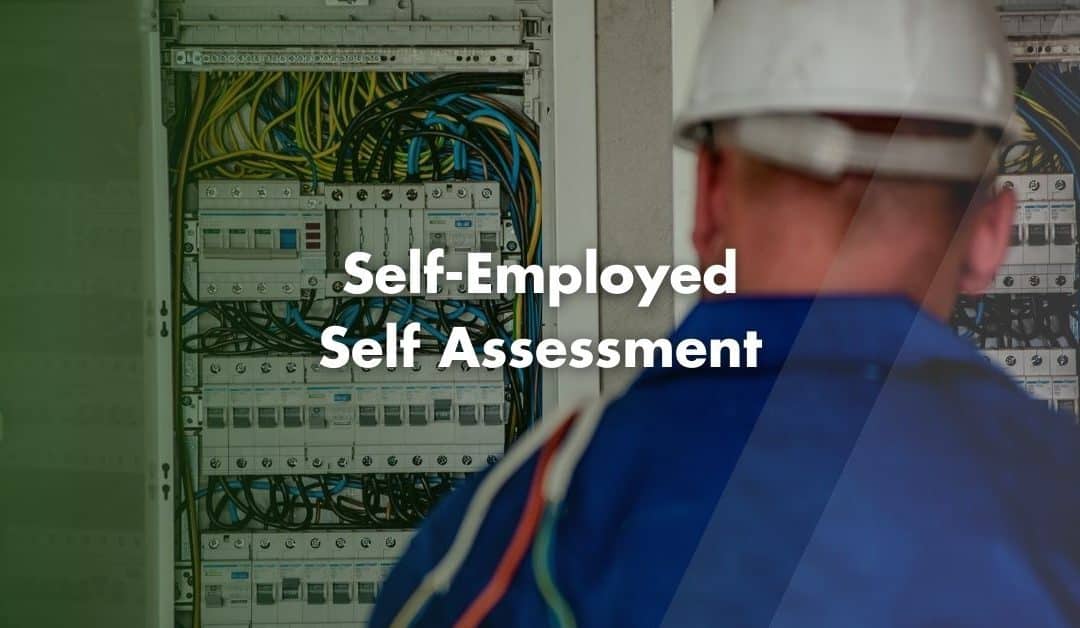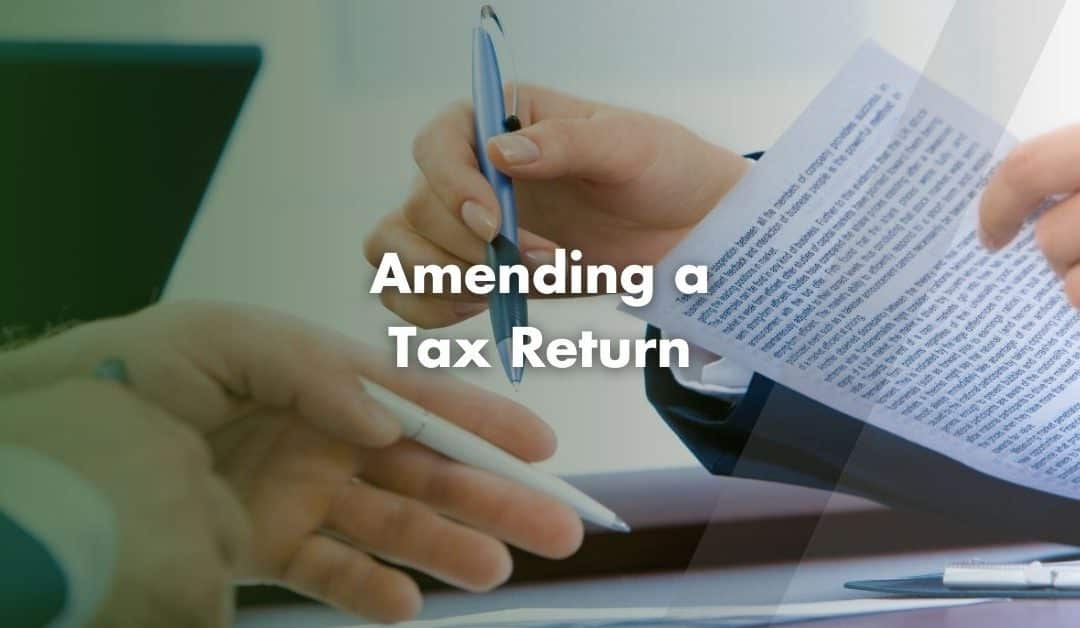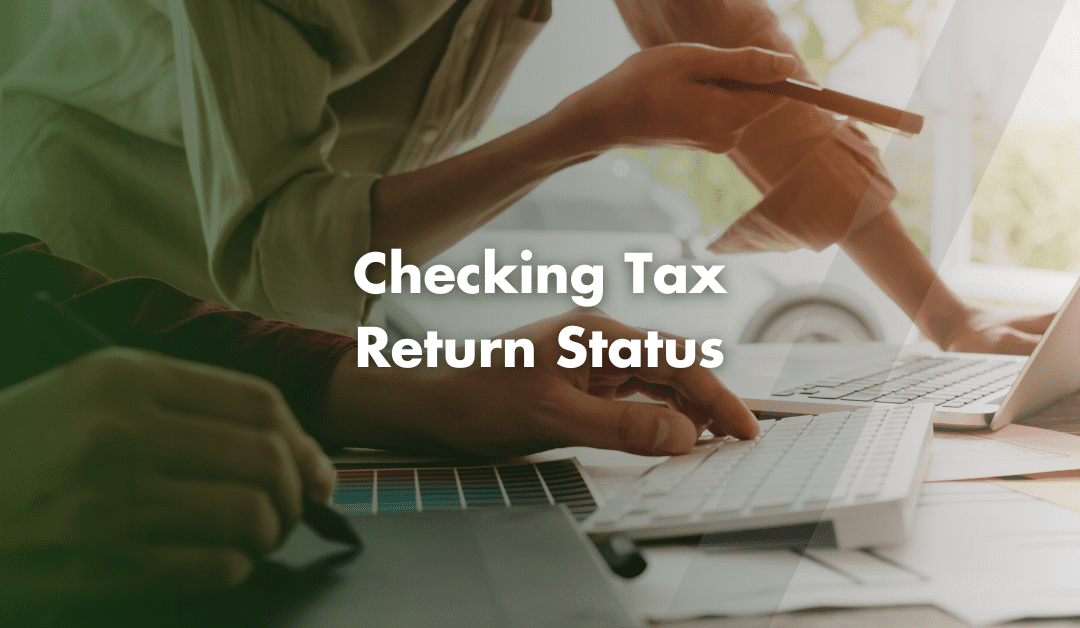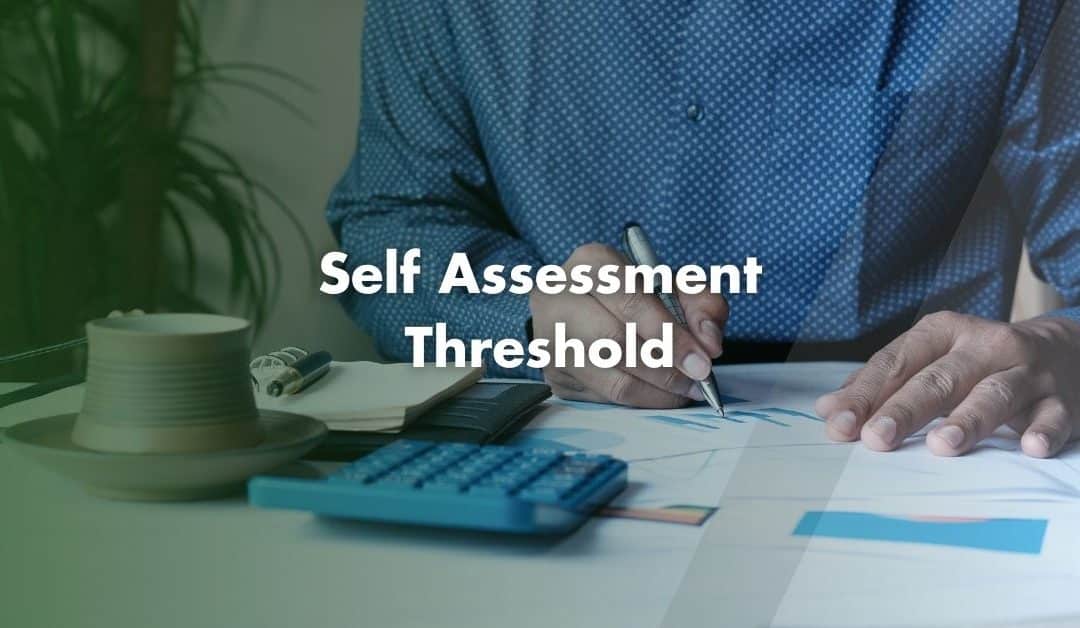
by Pi Accountancy | May 21, 2025 | Allowances
The Employment Allowance allows eligible businesses and charities to reduce their Employers’ National Insurance bill. From April 2025, the allowance will increase to £10,500 per tax year. This applies only to the employer’s share of Class 1 National...

by Pi Accountancy | May 8, 2025 | Allowances
The Structures and Buildings Allowance encourages investment in commercial infrastructure by allowing businesses to recover some of the costs spent on constructing, purchasing or improving non-residential properties. What is the Structures and Buildings Allowance? The...

by Pi Accountancy | May 1, 2025 | Frequently Asked Questions
Benefits In Kind (BIKs) are any perks or services an employer provides to an employee or director that they do not include in their regular salary. The employer provides these extras to enhance the employee experience or make their job easier. Although employers do...

by Pi Accountancy | Apr 29, 2025 | Allowances
If you regularly use your personal vehicle for work, Mileage Allowance could help you save money and reduce your tax liability. What is Mileage Allowance? Mileage Allowance is a tax-free reimbursement for individuals who use their own vehicle for work-related...

by Pi Accountancy | Apr 24, 2025 | Business
In simple terms, “Plant and Machinery” refer to the essential tools, equipment and systems that a business needs to keep running smoothly. These assets are not just helpful for daily operations, they also offer businesses the opportunity to claim tax...

by Pi Accountancy | Apr 16, 2025 | Advisory and Resources, MTD, Property Landlords, Regulations and Schemes, Self Assessment, Self-Employed, Self-Employment and SMEs, Taxes
Making Tax Digital (MTD) for Income Tax is changing how sole traders and landlords keep records and report income to HMRC. Instead of completing most of the work once a year, you will spread your tax admin more evenly across the year. As a result, you can keep better...

by Pi Accountancy | Apr 10, 2025 | Frequently Asked Questions, MTD
Making Tax Digital (MTD) is a government initiative to modernise the tax system by encouraging businesses, landlords and individuals to keep digital records and submit tax information using compatible software. The goal is to simplify tax compliance and ensure tax is...

by Pi Accountancy | Mar 26, 2025 | The Budget
The Spring Statement 2025, introduced by Chancellor Rachel Reeves, comes with a strong focus on fiscal discipline, economic growth and government reform. New Fiscal Rules At the heart of the Spring Statement 2025, are two key fiscal rules: Balancing the budget by...

by Pi Accountancy | Mar 25, 2025 | The Budget
The UK Budget is a financial statement presented by the Chancellor of the Exchequer. It outlines the government’s economic plans, including taxation and spending changes. The decisions made in the Budget influence the economy, determine the level of public...

by Pi Accountancy | Mar 18, 2025 | Frequently Asked Questions
Marginal Relief is a tax relief scheme that helps companies reduce their Corporation Tax bill if their profits fall between certain thresholds. Since 1st April 2023, the UK Corporation tax System has introduced a gradual increase in tax rates for businesses with...

by Pi Accountancy | Mar 12, 2025 | Frequently Asked Questions
Gambling is popular in the UK, and like many other industries, it is subject to taxation. Whether you run a casino, offer online betting or operate a bingo hall, you need to understand Gambling Duty as to avoid penalties. What is Gambling Duty? Gambling Duty is a...

by Pi Accountancy | Feb 27, 2025 | Business
From April 2025, changes to company size classifications will make financial reporting simpler for thousands of businesses. The Companies (Accounts and Reports) (Amendment and Transitional Provision) Regulations 2024 updates the the turnover and Balance Sheet limits...

by Pi Accountancy | Feb 19, 2025 | Frequently Asked Questions
Companies prepare Statutory Accounts as official financial reports at the end of every financial year. These accounts are mandatory under UK law and follow specific accounting standards. They offer shareholders, investors and other stakeholders a complete view of a...

by Pi Accountancy | Feb 18, 2025 | Advisory and Resources, Director, Frequently Asked Questions
A limited company owns its money. So, when a director takes cash for personal use, the company must record it properly. A Director’s Loan Account (DLA) tracks money that moves between the director and the company outside normal pay. What is a Director’s...

by Pi Accountancy | Feb 13, 2025 | Allowances, Frequently Asked Questions, Property Landlords
HMRC introduced the Property Income Allowance as a tax exemption, which allows individuals to earn up to £1,000 per year from property-related income without paying tax or reporting it to HMRC. This applies to income from: Renting out a driveway or parking space...

by Pi Accountancy | Feb 12, 2025 | Allowances, Frequently Asked Questions, Self-Employed
HMRC introduced the Trading Income Allowance as a tax exemption, which allows individuals to earn up to £1,000 per year from self-employment or casual trading income without paying tax or reporting it to HMRC. This applies to income from: Selling goods online (Etsy,...

by Pi Accountancy | Feb 6, 2025 | Advisory and Resources, HMRC, Regulations and Schemes, Taxes
If you cannot pay your tax bill in full, a Time to Pay arrangement allows you to spread your tax bill into manageable monthly instalments. While interest still applies, you can avoid further late payment penalties once HMRC agrees to the plan and you keep to it. What...

by Pi Accountancy | Feb 5, 2025 | Frequently Asked Questions
Professional Clearance is the process of getting approval from a professional body or regulatory organisation to make sure all works follows the law, regulations and ethical standards. This process is especially relevant when an accountant or firm takes over from a...

by Pi Accountancy | Feb 4, 2025 | Advisory and Resources, Business, Frequently Asked Questions, Taxes
If you run a business, the “Wholly and Exclusively” rule determines whether you can deduct an expense from your taxable profits. To qualify for tax relief, you must incur the expense Wholly and Exclusively for the purposes of your trade. In practical...

by Pi Accountancy | Jan 29, 2025 | Advisory and Resources, Self Assessment
Self Assessment forms are used to report income, calculate taxes and claim reliefs. All those completing a tax return must complete the main form, SA100. Depending on your sources of income, you may also need to complete supplementary Self Assessment forms to provide...

by Pi Accountancy | Jan 21, 2025 | Advisory and Resources, Self Assessment, Self-Employment and SMEs
HMRC uses Self Assessment to collect Income Tax from employed and self-employed individuals. Your employer will automatically deduct tax from your earnings, if they are employing you. However, as a self-employed individual, it is your responsibility to report your...

by Pi Accountancy | Jan 16, 2025 | Advisory and Resources, HMRC, Self Assessment, Taxes
Whether it’s a simple typo or forgetting details, errors can slip through the cracks. When it comes to your tax return, these mistakes can feel monumental, especially after the deadline has passed. However, amending your tax return can be an option, depending on...

by Pi Accountancy | Jan 15, 2025 | Frequently Asked Questions
Tax season can be one of the most stressful times for sole traders. With so many obligations and deadlines to manage, it’s easy to feel overwhelmed. A common concern is whether HMRC has processed your tax return. However, by using HMRC’s online services, the...

by Pi Accountancy | Jan 8, 2025 | Advisory and Resources, Self Assessment
For the 2023/24 tax year, the income threshold for filing a Self Assessment tax return has increased from £100,000 to £150,000 for taxpayers taxed solely through the PAYE (Pay As Your Earn) system. If your income through PAYE is below £150,000 and you do not meet any...




